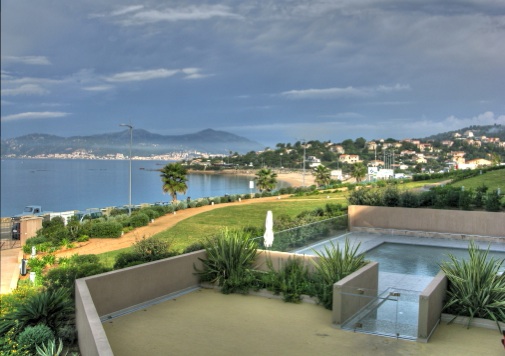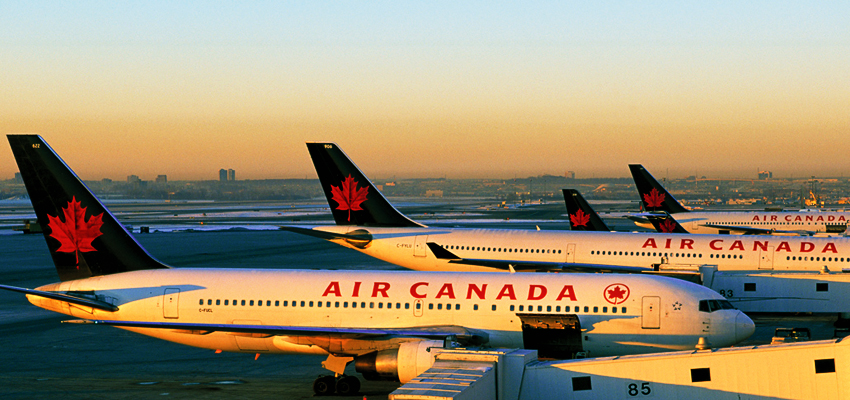This month’s reader question comes from Ron, who is a long-term traveller along with his wife. When they had some friends from home visit on vacation and tag along on their travel adventures, it drove him crazy.
Dear Nora,
It seems to me that not all people are suited to the travel lifestyle. We never pay full price. We never buy excursions. We never take taxis but use public transportation or walk. Our friends wanted to take a taxi at every corner. We walk in and out of restaurants based on price. But we don’t eat fast food either. We go where the locals go. Once our friends walk into a restaurant they want to stay. What gives? – Ron
Travel is an intensely personal experience, and we all choose to see the world in different ways. Here are 8 differences between travelling with a vacation mindset versus travel lifestyle:
Budget
It seems that for our friend Ron – and many long-term travellers – budget is a concern. Not that long-term travel needs to entail a life of eating plain macaroni in shared hostel kitchens; far from it. But when somebody is on vacation, they’re usually prepared to splurge on any number of things from excursions to taxi rides to eating in nice restaurants. They probably don’t do this (regularly) at home, but whilst on vacation, for them, it’s worth it.
I had some family visit me in France a few years ago, and I experienced the same problem. While walking around Paris, they insisted on stopping at a very touristy restaurant on the Champs-Elysees. One look at the menu, and all our eyes bulged at the prices. I was already standing up to leave and find another spot, but my companions said they were tired (and were possibly embarrassed to leave since we’d already received water and complementary bread), and said with the view, it was worth the money. Granted – the view was spectacular; there’s a reason many touristy spots come with an associated price tag.
Time
When travel is a lifestyle, you have much more time to experience a destination. You’d think nothing of walking somewhere (even if it’s a long walk there’s plenty to see along the way), or wandering around looking for the perfect restaurant for dinner (even if it means checking out a few places). It’s all a part of the cultural experience.
But when you’re on vacation, time is limited, and there’s little of it to waste walking or searching for restaurants when you have a tight itinerary and a plane to catch. Also, travel can be exhausting for somebody who isn’t used to it. With jet lag, lack of orientation, and overwhelm from being in a different environment, sometimes taking a taxi (even a short distance) is the only viable option.
Excursions
Long-term travellers often pride themselves on living the local life wherever they go. This (in conjunction with watching the budget) usually means that excursions are not in the cards. “I wouldn’t be caught dead on one of those tourist buses,” I’ve heard before (and I’ve probably said it too).
For the vacationer, excursions are a great use of a shortened time-frame, and they’re usually in the budget. In 2013 I did a sponsored trip through Europe that involved visiting eight countries in three weeks. I had a just couple of days in each country on this whirlwind trip. So, the only way I’d have any sense of the places I was visiting was to embrace my inner tourist and do excursions. You know what? It was awesome. I learned much more in a few days than I would have by sitting (for weeks) in a local cafe and “soaking in the culture”, I met some cool people, and I had a lot of fun. Excursions might not always be in the long-term travellers’ budget, but they’re not to be categorically avoided either.
Blending In
The attitude of the long-term traveller is generally one of preferring to blend in. I’m guilty as charged; when I spent three months house-sitting in Switzerland, my neighbours were befuddled when I told them after the first month that I hadn’t yet hit any of the main tourist sights. Instead, I was content to “do as the locals do” and soak in Swiss culture through the events of daily life. I was also embarrassed to whip out my camera for fear of being spotted as a tourist (heaven forbid). I preferred to experience – rather than record – my memories.
And there’s absolutely nothing wrong with that. But I didn’t have that luxury when I did my whirlwind European trip. I had three weeks to experience – and write about – eight countries. Thus, I dropped my “the-only-way-to-soak-in-culture-is-to-blend-in” attitude, slung my camera around my neck, and gave up trying to be a cultural chameleon.
Contrast this with a Mediterranean cruise I did (before selling everything to travel full-time), where I was very short on time at each port, but for some reason preferred not to do excursions in favour of “blending in” and seeing the local side. With only a few hours, this was relatively impossible. I had coffee and wine in beautiful Italian piazzas, walked along Spanish beaches, and shopped at local Tunisian marketplaces. But to this day, I can tell you very little about any of the places I visited; much less than my cruising companions who splurged (and dropped any pretence of blending in) with excursions.
There is no right or wrong in this equation; but when dealing with shortened time frames, blending in is not always an option if you want to really experience and learn something about your destination.
Being Targeted
Another reason long-term travellers prefer to blend in has to do with avoiding being seen as a target. When you look like a foreigner, it’s common to be bombarded by locals offering various tourist services from taxis to tours, and among those bombarding you, scam artists have their heyday. It takes a lot of energy to deal with this constant barrage of requests, and on top of that, foreigners are consistently overcharged for just about everything, on the assumption that “they don’t know any better”. All of this wears thin quickly when you travel long-term, which is another reason why lifestyle travellers tend to avoid the tourist circuit.
Transportation
For the long-term traveller, strapping on your walking shoes and taking the afternoon to get to where you need to go is easy – and a lovely way to observe the daily rhythm of a place. Hacking the local transportation system is a victory – as well as a money-saver and cultural learning experience.
But when you’re on vacation and getting away from your daily life of schlepping around on the bus, the idea of schlepping around on a public bus in a foreign country is rarely appealing. Throw in a shortened time frame and a higher budget, and taking a taxi becomes a no-brainer.
Eating
When my visiting family insisted on eating at the tourist restaurant on the Champs-Elysees, I was mortified. It broke all my travel lifestyle rules; it wasn’t local food, it was overpriced, and I was sure there was a lovely cafe around the corner down a street you wouldn’t think to go down that could offer a much more authentic and less expensive experience. It was just a matter of finding that “perfect” local place. I say this, but as a lifestyle traveller, I’ve spent hours wandering around and getting lost looking for the “perfect” local restaurant without always finding one. Still, this search is half the fun for many a long-term traveller.
But my visitors were tired, hungry, thirsty, and needing to sit down. Walking any further in search of anything was not an option. Not being familiar with tourist vs local culture, maybe they weren’t even totally aware that this place wasn’t “local”. They had the view (and the budget), and were short on time, so it was worthwhile. And you know what? To this day I have fond memories of drinking wine on the Champs-Elysees; a vacation luxury I’d never have afforded for myself.
Laundry
As a final note, dirty clothes are an exemplary allusion to the difference between the vacation mindset and travel lifestyle. To this day, I balk at the prices hotels charge for doing your laundry. But if you’re in the vacation mindset, you don’t have the time – nor the inclination – to sit in a laundromat or to wash clothes by hand. Going on vacation means getting away from the doldrums of daily life at home.
As I’ve said earlier, there is no right or wrong solution to how you travel, what you do, and how you choose to spend your money. These are simply observational vacation mindset versus travel lifestyle differences; between what those who travel long-term have the ability and desire to do, versus what somebody on vacation chooses to do.
And there can be hybrids as well; if you want to take a vacation but need to keep an eye on the budget, you’ll do as some long-term travellers do and make concessions on laundry, or restaurants, or excursions.
Travel is a unique experience to everybody, and no matter how you choose to experience the world, getting out there and experiencing it (in your own way) is what really matters.
Dear Nora, vacation mindset versus travel lifestyle










